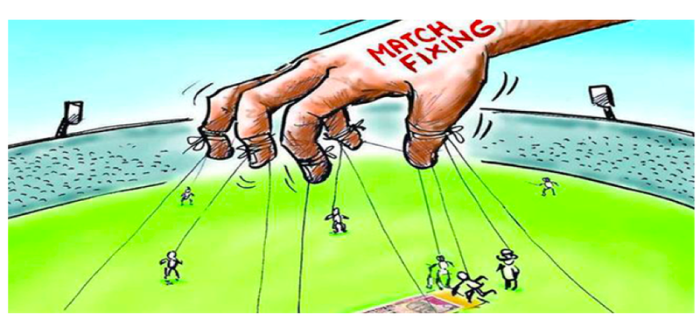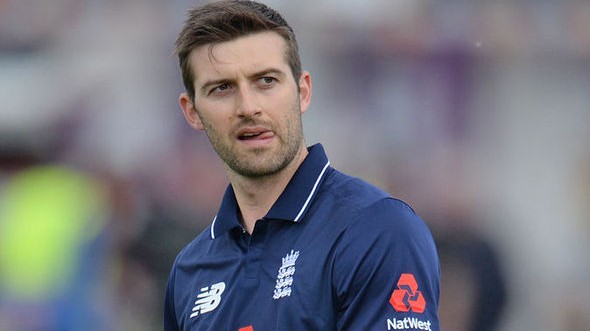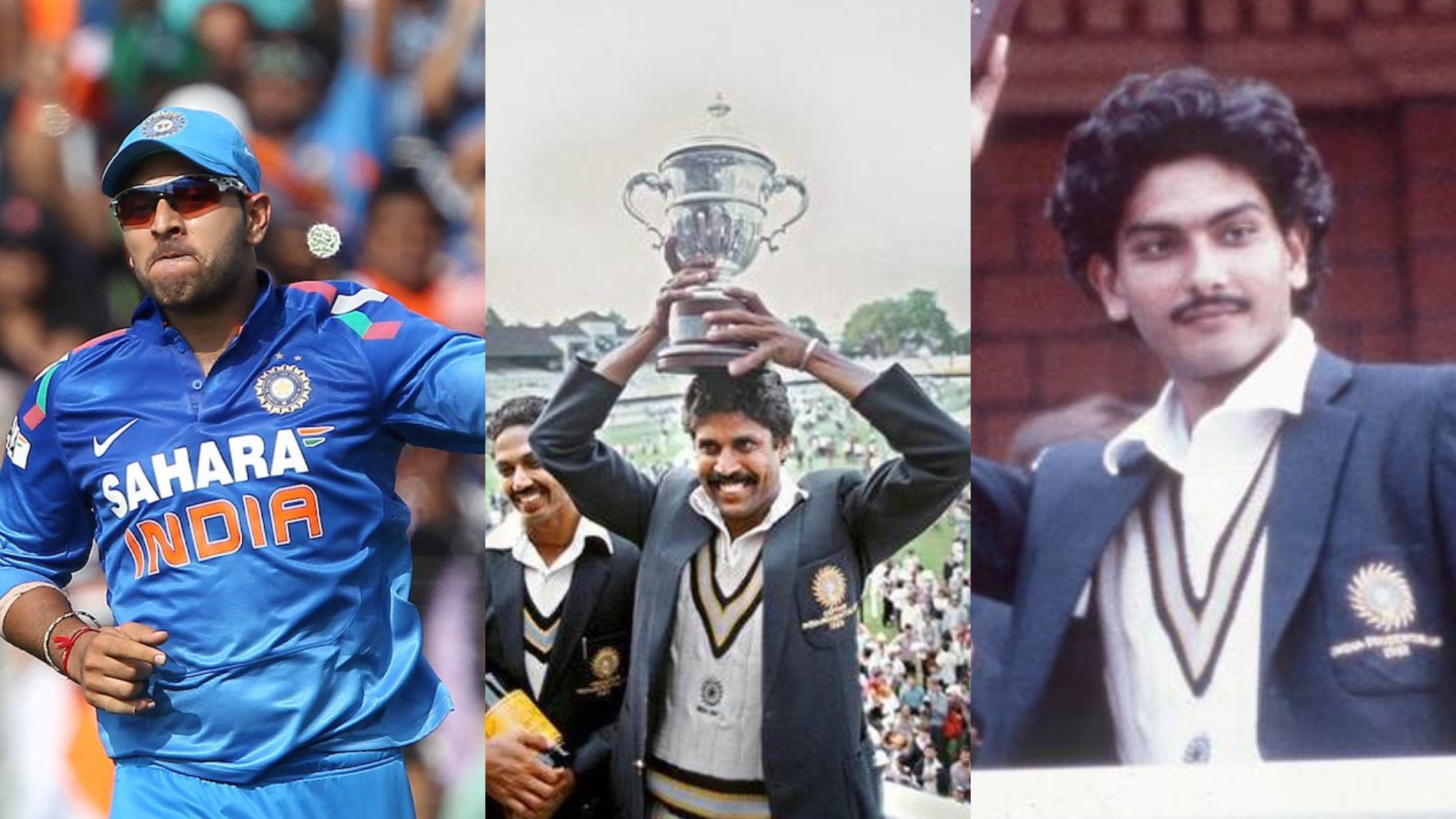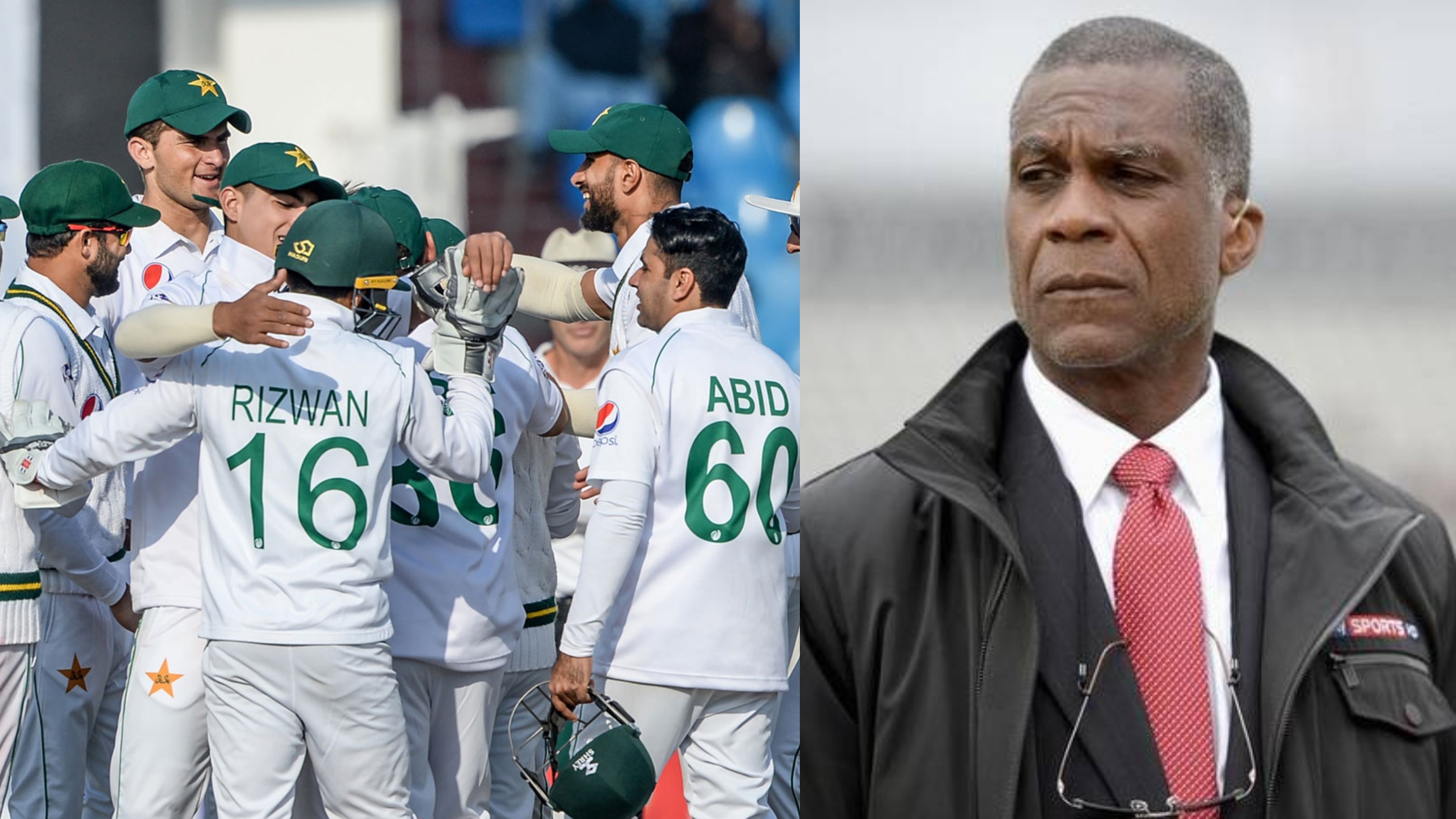 ICC’s anti-corruption unit official feels that India making match-fixing a criminal offense will be the "single-most-effective thing", as the police in the country are "operating with one hand tied behind their back" in the absence of any stringent law.
ICC’s anti-corruption unit official feels that India making match-fixing a criminal offense will be the "single-most-effective thing", as the police in the country are "operating with one hand tied behind their back" in the absence of any stringent law.
"At the moment with no legislation in place, we'll have good relations with Indian police, but they are operating with one hand tied behind their back," ICC ACU's coordinator of investigations, Steve Richardson was quoted by ESPNCricinfo.
3 Sri Lankan players under ICC investigation for match-fixing, confirms sports minister
He added, "We will do everything we can to disrupt the corruptors. And we do, we make life very, very difficult for them as far and as much as we can to stop them from operating freely. But the legislation would be a game-changer in India. We have currently just under 50 investigations. The majority of those have links back to corruptors in India.”
"So it would be the single-most-effective thing to happen in terms of protecting sport if India introduces match-fixing legislation," he said.
Richardson urged the Indian government to frame stringent legislation given that the country is set to host two ICC events in the coming three years. Its neighbors Sri Lanka already became the first major cricket-playing country in South Asia to criminalize the corrupt practice in 2019.
"India has got two ICC global events coming up: the T20 World Cup (in 2021) and the World Cup in 2023," Richardson pointed out.
Both Richardson and BCCI's ACU head Ajit Singh were part of a panel discussion on the subject of 'Does India need match-fixing legislation?' as part of the Sports Law and Policy Symposium held on 20 June.
"I could actually deliver to the Indian police or the Indian government now at least eight names of people who are what I would term serial offenders, constantly approaching players to try and get them to fix matches. They have my great sympathy because they try as professionally and hard as they can to make the existing legislation work, but the reality is it wasn't framed with sports corruption in mind,” Richardson stressed that law would deter such corruptors.
“So the reason that there is an imperative for legislation specific to match-fixing - yes, it is about the players, but more importantly it is about those outside the sport who actually corrupt the players and are organizing and pulling the strings of these networks. Those are the people I would like to see dealt with under match-fixing law,” he said.
(PTI inputs)



